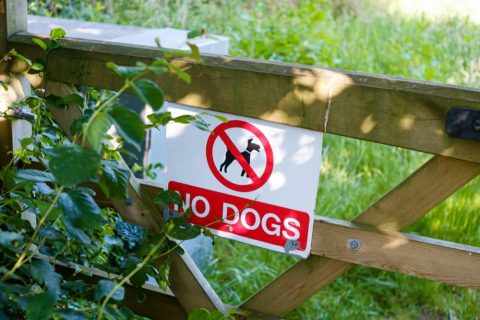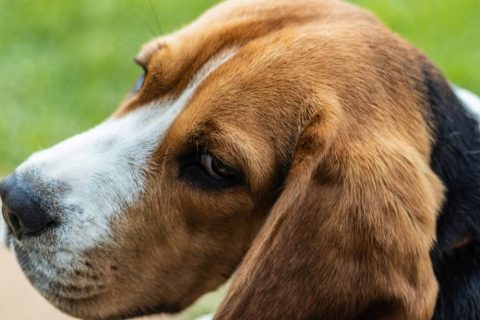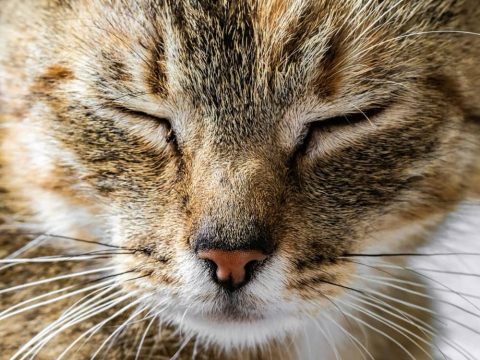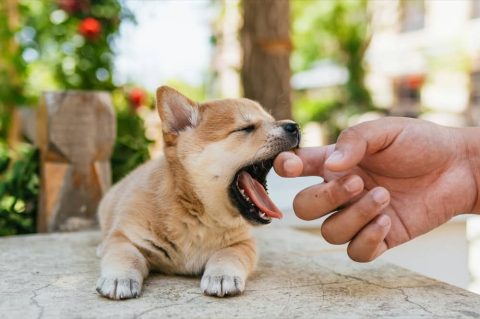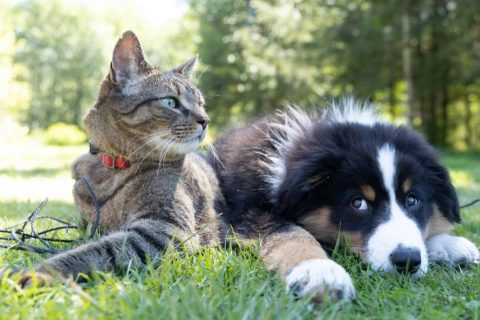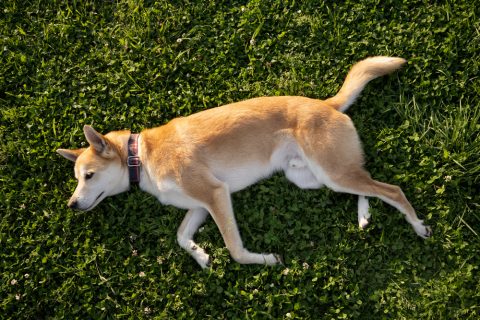Have you ever noticed your dog munching on dirt like it’s a gourmet snack? While it may seem odd—or downright gross—this behavior is surprisingly common among dogs. Whether it’s a quick nibble from the garden or repeated visits to the same patch of soil, many pet owners find themselves scratching their heads and wondering: why do dogs eat dirt?
Although the occasional bite of soil might not be cause for alarm, frequent dirt-eating can point to underlying issues that warrant attention. Let’s dig into the reasons behind this habit, the potential risks involved, and what you can do if your dog seems a little too fond of the backyard buffet.
Contents
6 Common Reasons Why Dogs Eat Dirt
Stomach Upset
One of the most common explanations for a dirt-eating dog is gastrointestinal discomfort. Similar to the way dogs eat grass to soothe an upset stomach, some may also consume dirt in an attempt to ease nausea or digestive distress. The minerals in soil might have a natural settling effect, or your dog may just be trying to trigger vomiting to feel better.
Anemia
Dogs suffering from anemia may instinctively turn to non-food items like dirt in an effort to replenish missing nutrients—especially iron. This condition can arise from various causes, such as internal bleeding, parasites, or nutritional deficiencies. A blood test from your vet can confirm whether anemia is the underlying issue.
Nutritional Deficiencies
If your dog’s current diet is lacking in essential vitamins and minerals, they may attempt to fill in the gaps by eating soil. This is especially common in homemade or improperly balanced diets. Minerals like magnesium, calcium, or potassium might be the missing pieces prompting your dog to sample dirt.
Boredom or Lack of Stimulation
Sometimes, dogs just need something to do. If left outside without toys, companionship, or mental stimulation, your dog might start exploring—and nibbling on—the environment out of sheer boredom. In these cases, dirt eating becomes a behavioral issue, not a health one.
Stress or Anxiety
Dogs dealing with anxiety may exhibit compulsive behaviors such as licking, pacing, or yes—eating dirt. Major life changes like a move, the arrival of a new family member, or separation anxiety could trigger this type of reaction. If you’ve recently noticed changes in your dog’s environment or routine, stress may be a factor.
Hunting Instincts
Sometimes, it’s not the dirt itself that’s tempting your dog, but what’s hiding beneath it. Dogs with strong prey drives might dig and ingest dirt as they hunt for insects, moles, or other critters underground. If the behavior is isolated to specific spots in the yard, your pup might just be on a mission you can’t see.
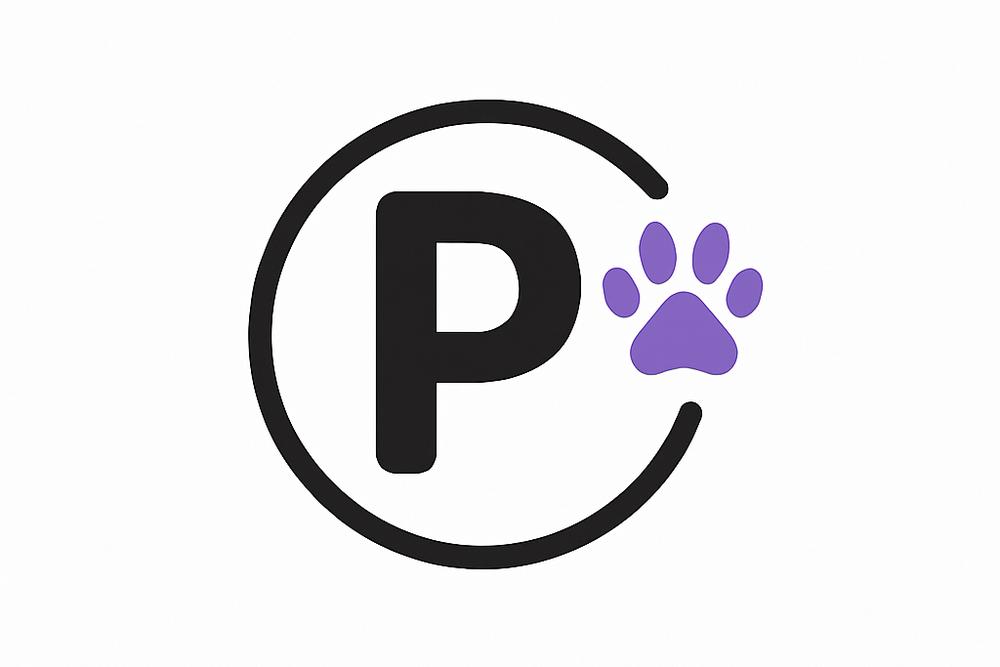
Risks of Dogs Eating Dirt
While occasional dirt munching may seem harmless, frequent or excessive consumption can pose real health risks. Here are some potential dangers to be aware of:
Choking Hazards
Soil often contains small rocks, sticks, or debris that can pose a choking risk, especially if your dog gulps them down without chewing. If your dog tends to eat dirt unsupervised, keep an eye out for coughing, gagging, or signs of airway obstruction.
Digestive Blockages
Foreign objects swallowed along with dirt can lead to serious internal problems. Rocks and wood fragments can cause gastrointestinal blockages that may require surgery to resolve. Symptoms like vomiting, lack of appetite, or lethargy should never be ignored.
Chemical Exposure
If your lawn or garden has been treated with pesticides, herbicides, or fertilizers, your dog could be ingesting harmful chemicals along with the dirt. These substances can be toxic and may cause vomiting, diarrhea, tremors, or worse. Avoid letting your dog near freshly treated areas.
Intestinal Impaction
Eating large quantities of dirt can lead to impaction—a buildup in the intestines that prevents normal passage of waste. This condition can be extremely painful and may require emergency medical treatment. If your dog seems bloated, strains to defecate, or appears lethargic, seek veterinary help immediately.
Parasite Ingestion
Dirt can harbor a variety of parasites like roundworms, hookworms, or leptospira. Dogs that eat soil regularly—especially in areas where wildlife or other pets frequent—risk exposure to these harmful organisms. Regular deworming and vaccinations are essential preventative steps.
Dental Damage
Chewing on hard soil, rocks, or sticks can do a number on your dog’s teeth. Over time, this can lead to chipped enamel, worn-down teeth, or even tooth loss. If your dog’s dirt-eating includes gnawing behavior, a dental check-up might be in order.
What You Can Do About It
If your dog’s dirt-eating habit seems occasional and doesn’t cause any health issues, it might not be a major concern. That said, it’s still worth observing to ensure it doesn’t become a regular behavior.
Here are some steps you can take:
- Visit the vet: Rule out medical conditions like anemia, parasites, or nutritional deficiencies with a professional evaluation.
- Assess the diet: Talk to your vet or a canine nutritionist to ensure your dog’s food contains the proper nutrients.
- Provide enrichment: Bored dogs are more likely to develop odd habits. Increase playtime, interactive toys, and training sessions to keep your dog mentally and physically engaged.
- Reduce access to treated areas: Keep your dog away from parts of the yard that have been recently sprayed or fertilized.
- Monitor stress levels: Help reduce anxiety through consistent routines, positive reinforcement, and possibly the help of calming tools like pheromone diffusers or anxiety wraps.
When to Worry
While it’s true that many dogs occasionally eat dirt without issue, persistent or obsessive behavior shouldn’t be brushed off. If your dog eats dirt frequently, shows signs of illness, or is a puppy with an undeveloped immune system, don’t hesitate to contact your vet.
Early intervention can prevent more serious complications and help you identify whether the issue is medical, behavioral, or environmental. By staying observant and proactive, you’ll help your dog stay safe, happy, and (mostly) dirt-free.
